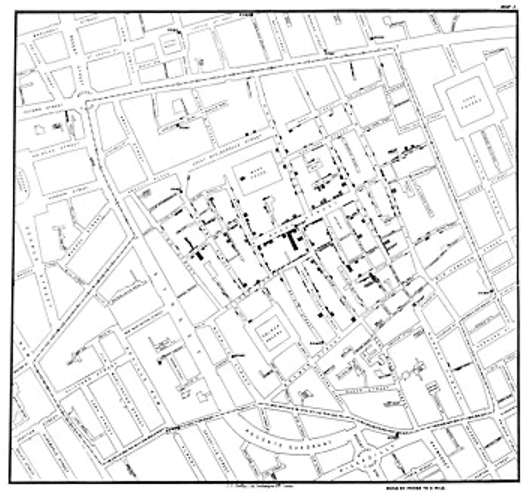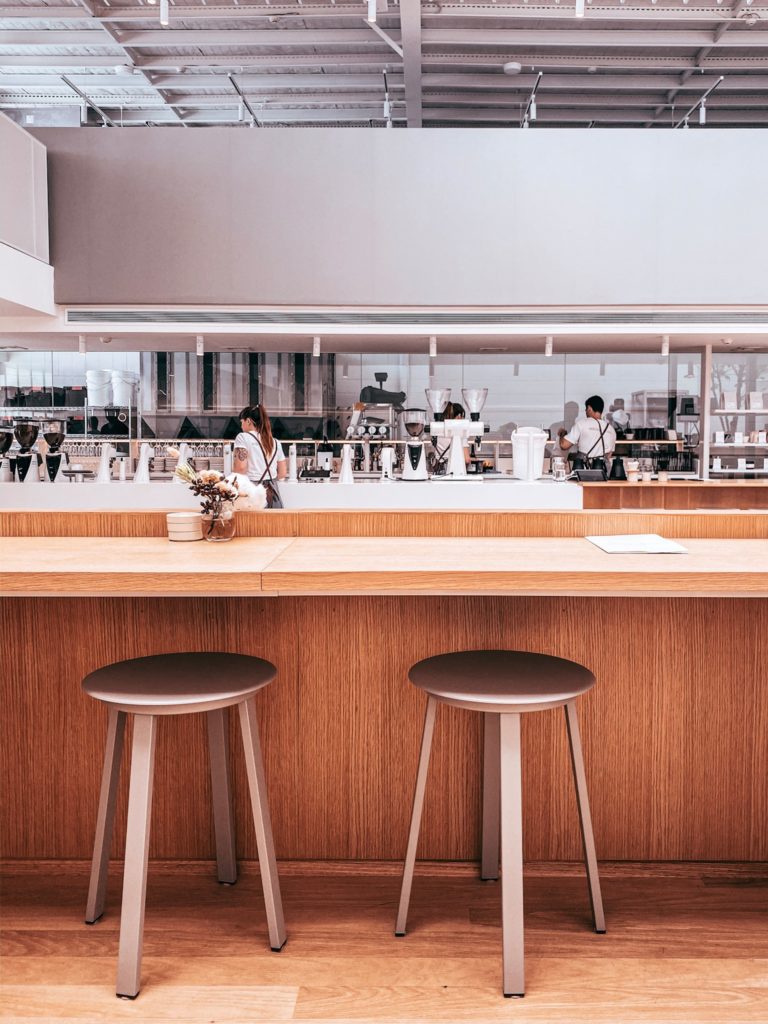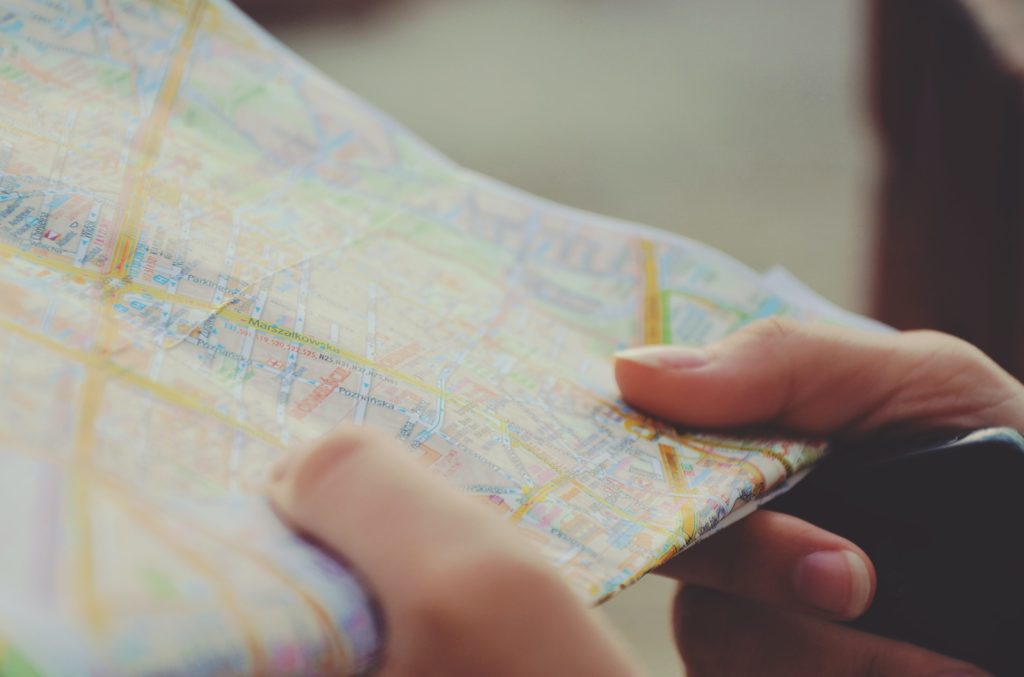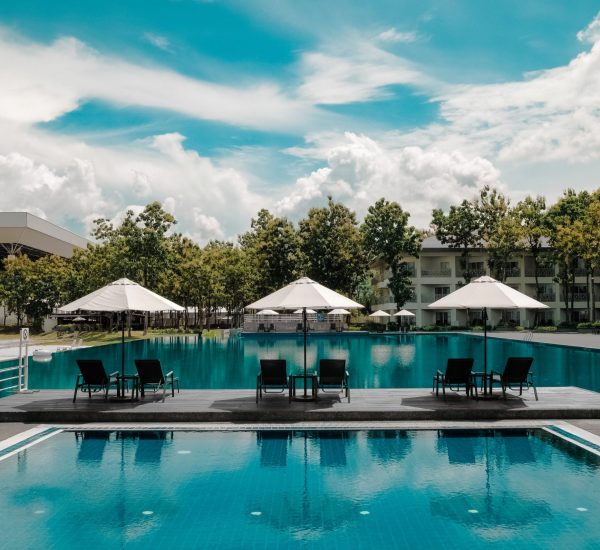Location intelligence as a means of control
Location intelligence is becoming important in industries and enterprises day by day.
In 2020 more than half of the enterprises have declared that without location intelligence they may not be able to achieve their goals.
Governmental organizations care even more about location intelligence.
There is an estimate of 90 percent of such organizations that consider location intelligence critical for their operations. That is something to think about.
As far as the government is concerned the reason seems to be obvious. Governments need Location intelligence for the purpose of security, healthcare, Insurance and tracking criminal activities.
In fact the first steps of Location intelligence development were taken during a cholera outbreak in London 1854.
John snow – possibly an incarnation of game of thrones character! – started to track citizens’ routes and found the contaminated pump which was spreading the disease.
Governments also use the geospatial data in a same pattern to control the traffic, crimes, etc.

Location intelligence as an instrument in hospitality industry
If Governments use the Location intelligence to control what they need to control, Industries can benefit from it in a totally different way.
They may use Location intelligence in order to understand the preferences of their customers and help them with customized service – or tailored promotion as some say – which they may be interested in.
They can also use this technology to optimize their management capacity.
This has been done and developed in many fields, however, some fields like agriculture, construction and hospitality industry seem to be using less of this technology.
In this article we will discuss how location intelligence can aid the hospitality industry in different areas. we will have a look into how business owners can use this technology to understand customers interests and habitual behavior and have a glimpse of where the customers tend to spend time.
We will then discuss the benefits of location intelligence in finding out how customers are dealing with competitors and subsequently finding partners based on customers preferences.
These are the benefits of location intelligence with regards to the relationship a service provider builds with customers, after that we will talk about how the technology maximizes the capacity of making revenues within the business.

As soon as a customer gets connected to the hotel internet, her mobile phone and the WiFi router detect each other.
This means that until the customer is roaming in the range of WiFi router her foot track is available to the service provider.
Places that she likes to visit, places she spends time can be analyzed and the data gathered in such way can be used to offer services that might be to her interest.
For instance, when foot tracking shows that a numerable number of customers are spending time in the gift shop, that probably means the business owner can expand the gift shop and provide larger range of goods to offer to the customer.
And the other way around, in case foot tracking shows that few customers are visiting the same gift shop, it could mean that it’s not placed in a proper position.
The same procedure can help the service provider to attend to those customers spending time in pools and bars with a more goal-oriented approach.
In other words, foot tracking enables the service provider to make the best use of sites and facilities he has at his disposal.
More than that, hospitality industry can benefit from location intelligence when it comes to site selection. One can find the places people tend to gather during different periods of time to find a proper place for offering a new service.
For example, selling swimsuits in a place that customers barely walk into may result in a failure, however close the place may be to the swimming pool.
Another usage of location intelligence for hospitality industry is building co-productive partnership with other service providers to which one’s customers seem to be attracted.
This information too can be provided with foot tracking. Service provider can see which brands are more appealing to its customers and start building partnership with them.
It could be a store selling bags and shoes, or a bookstore in a hotel might not be a bad idea.
The concept of Loyalty in the hospitality industry
What all these usages of location intelligence can lead us is to reach a higher number of loyal customers.
Loyalty in hospitality industry has been explained as a tendency to keep one’s contact with a company regardless of some variations in price and service.
Some say that this can be achieved by exceeding customers expectations and that in turn is attainable by offering services like popular hangouts and events and more than that making offers to customers which they find proper.
Loyal customers in hospitality industry are important firstly because they can give feedback to the supplier and enable him to have an overall analysis of his business in a certain period of time.

Secondly, they are important because they act as walking advertisements not to mention the revenues they create for the business owner.
The bottom line is Location intelligence can help the business owner to exceed customer expectation by showing him what they need.
And that’s what we have discussed before. Building partnership with brands that our customers have showed interest in them is a step towards creating loyal customers.
The same thing applies to offering messages and advertisements which they find relevant.
One cannot send messages about casinos to people who are spending a lot of time in gyms and expect them to appreciate what they receive and those customers who like to spend a lot of time in bar are less likely to welcome messages about health and diet.
The thin line between attending to the customer and intruding
Using location technologies like foot tracking can be very tempting.
To have a data on how long customers stay in the hotel restaurant and how much they spend on various items, to know what they mostly prefer in afternoon and how these preferences change in the nighttime and etc, create a big pool of possibilities for the service provider.
However, using the data without caution may be annoying to customers.
In a world of security cameras and smart cities within which people have a sense of being monitored each and every minute it doesn’t take a lot of effort to make people feel intimidated and insecure.
In order to avoid such misunderstandings, there are some strategies to keep in mind while using location intelligence.

First thing is while reducing irrelevant messages and doing what is called hyper personalized marketing, it is important not to use data – though it is available and public – that is too personal.
The marriage anniversary date may be legally attainable but using them to make a recommendation to a couple staying at a hotel may be understood as offensive and intruding.
Second precaution that on should keep in mind is that customers should be able to use different platforms in order not to feel confined to what the hotel dictates.
A customer who is not able to use the Hotel WiFi to make a purchase in a way that she wants to probably will not be the customer we called loyal.
And finally building a brand that communicates with the customers is a more subtle concept than reaching them directly.
By doing so service providers can reach to their customers by using information they provide, including location intelligence, as a group and encourage loyalty.
Again, this approach is prone to stereotype thinking and depersonalizing which is harmful to the business.
One needs to use the data responsibly in order not to trespass the boundaries that customers value and expect to be respected.
Within business usage of location intelligence
Up until this moment we have talked about how location intelligence improves customers experience. Personalized promotions and offers properly made and the easy access to facilities based on a guest’s location raises the possibility of making new loyal customers.
But that’s not all that location intelligence can do in the hospitality industry.
Location data also can help the staff do their job more easily and efficiently. Distress signals are one of these possibilities which help the staff avoid complex situation.
For instance when something unpredicted, illegal or threatening happens security or room service workers can send a signal so that those in charge can come to help as soon as it is possible.
This situation can be a customer insisting to do or have something that is not possible according to regulations or even an actual threat to an employee, say confronting an alternately conscious customer.

In a similar approach, management can use location intelligence to find where something tense is happening.
A line of customers waiting for the gym facilitator means that you need extra help in that corner of the hotel.
An empty bar with few customers hanging around on the other hand makes it possible to ask an employee to help elsewhere or take a leave if she wants to.
Location intelligence is not only used to manage the staff, it also can help make the best use of the objects and properties of a hotel.
These are things like maid carts, trays and other instruments that are available in rooms and public spaces of a hotel.
Technologies like beacons attached to these properties are of a great help to the business owner to avoid damage to them and reduce the possibility for them to be stolen or lost.
On the other hand some of these properties are critically important and their absence even for a short time can lead to a disaster, like a fire extinguisher.
One can add many other within business usages for location intelligence.
Like comparing how customers are visiting different branches of a single brand and any possible need for promotion in each of them.
A window to the future
Talking about connecting objects to internet we come across a newly invented term called “internet of things”.
It has been estimated that by 2020 50 billion devices will be connected to internet.
These are the same devices we mentioned earlier, and this connection does not only help the hospitality industry in terms of maintenance but also creates a new experience for the customers.
They can control what is going on in their rooms, like the air conditioner, and more than that they can use technologies like augmented reality to have a better image of the room or public spaces they are planning to visit.
They can use virtual keys to open their rooms with their phones and see what is going on elsewhere in the property.
This changes that are taking place by the grace of evolving technology leaves any business owner with two choices;
Either he should wait for the change to come and then try to adapt or welcome it in advance.
Location intelligence is an area which those who are active in hospitality industry need to absorb into their business if they want to get ahead in time.
For instance, there are location-based marketing platforms that enable businesses to use them without developing their own applications.
Rappidapp is one of these applications which connects the users, be it the owner or the customer, to its’ mother platforms.
However, as we mentioned earlier, holding to any of these products without having a glimpse of the whole market is the downside of this approach.
The point is one should be open to ever new possibilities that technologies create every now and then.
One may take the responsibility of searching new technological achievements personally, which seems to be a heavy burden for a business owner.
Some prefer to hire experts to search for possible changes regarding new technologies so that they won’t be overwhelmed by the amount of change needed when the time comes.
Either way, it seems impossible to keep a business in hospitality industry vital without considering location intelligence in the near future.


